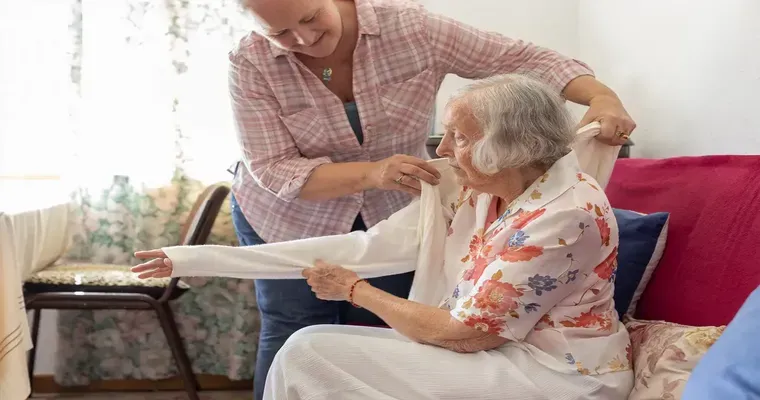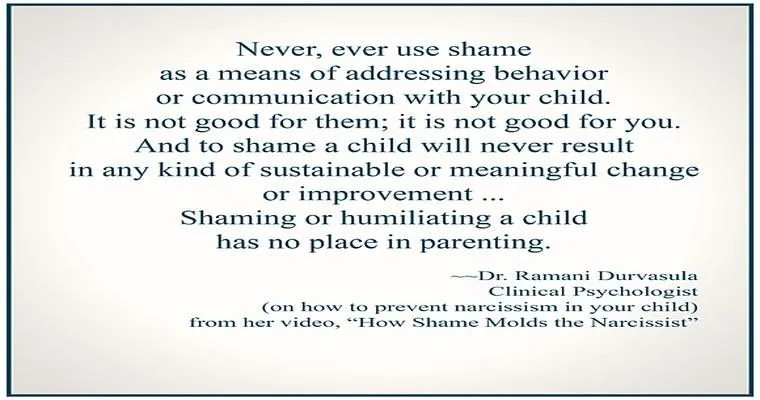When we think about "elder abuse", the focus is often on the elderly being victimized. However, a concerning trend is emerging: "elders who abuse their family caregivers". This phenomenon can create a toxic environment for caregivers, leading to emotional, psychological, and even physical harm. Understanding the dynamics of this situation is essential for fostering support for caregivers and addressing the needs of both parties involved.
Understanding the Dynamics of Caregiver Abuse
Family caregivers often take on significant responsibilities, providing daily support and assistance to elderly loved ones. However, in some cases, these caregivers become targets of "abusive behavior" from the very individuals they are trying to help. The reasons behind such abusive behavior can vary widely and may include:
1. "Mental Health Issues": Many elderly individuals may suffer from cognitive decline or mental health issues, which can lead to frustration and aggression.
2. "Stress and Dependency": As elders become increasingly dependent on their caregivers, feelings of helplessness and frustration may manifest as abusive behavior.
3. "Unresolved Familial Conflict": Long-standing family tensions can resurface in the caregiver relationship, leading to conflict and abuse.
Signs of Elder Abuse Towards Caregivers
Recognizing the signs of "elder abuse" directed towards caregivers is crucial for prevention and intervention. Some common indicators include:
"Verbal Abuse": Insults, threats, or derogatory comments directed at the caregiver.
"Emotional Manipulation": Using guilt or emotional blackmail to control the caregiver’s actions.
"Physical Aggression": Any form of physical violence, including pushing or hitting.
"Isolation Tactics": Preventing caregivers from seeking outside support or social connections.
The Impact on Family Caregivers
The effects of being abused by an elder can be profound. Caregivers may experience:
"Emotional Distress": Feelings of anxiety, depression, and helplessness can arise from constant abuse.
"Physical Health Issues": The stress associated with caregiver abuse can lead to physical ailments, including heart disease and chronic pain.
"Burnout": The demands of caregiving, coupled with abusive behavior, can lead to caregiver burnout, making it difficult to continue providing care.
Strategies for Caregivers
If you are a caregiver facing abuse from an elder, consider the following strategies to protect yourself:
1. "Set Boundaries": Clearly communicate what behaviors are unacceptable and establish personal boundaries.
2. "Seek Support": Connect with support groups or mental health professionals who understand the dynamics of caregiver abuse.
3. "Document Incidents": Keep a record of abusive incidents, including dates and descriptions, which can be helpful if you need to seek external intervention.
4. "Explore Respite Care": Utilize respite care services to take breaks and recharge, reducing the potential for burnout and conflict.
Conclusion
Elders who abuse their family caregivers represent a complex and often overlooked issue in the realm of "elder care". It is essential to acknowledge this dynamic and provide resources and support to both caregivers and the elderly. By fostering understanding and open communication, we can work toward healthier relationships between caregivers and their aging loved ones, ultimately enhancing the quality of care and emotional well-being for both parties involved.





